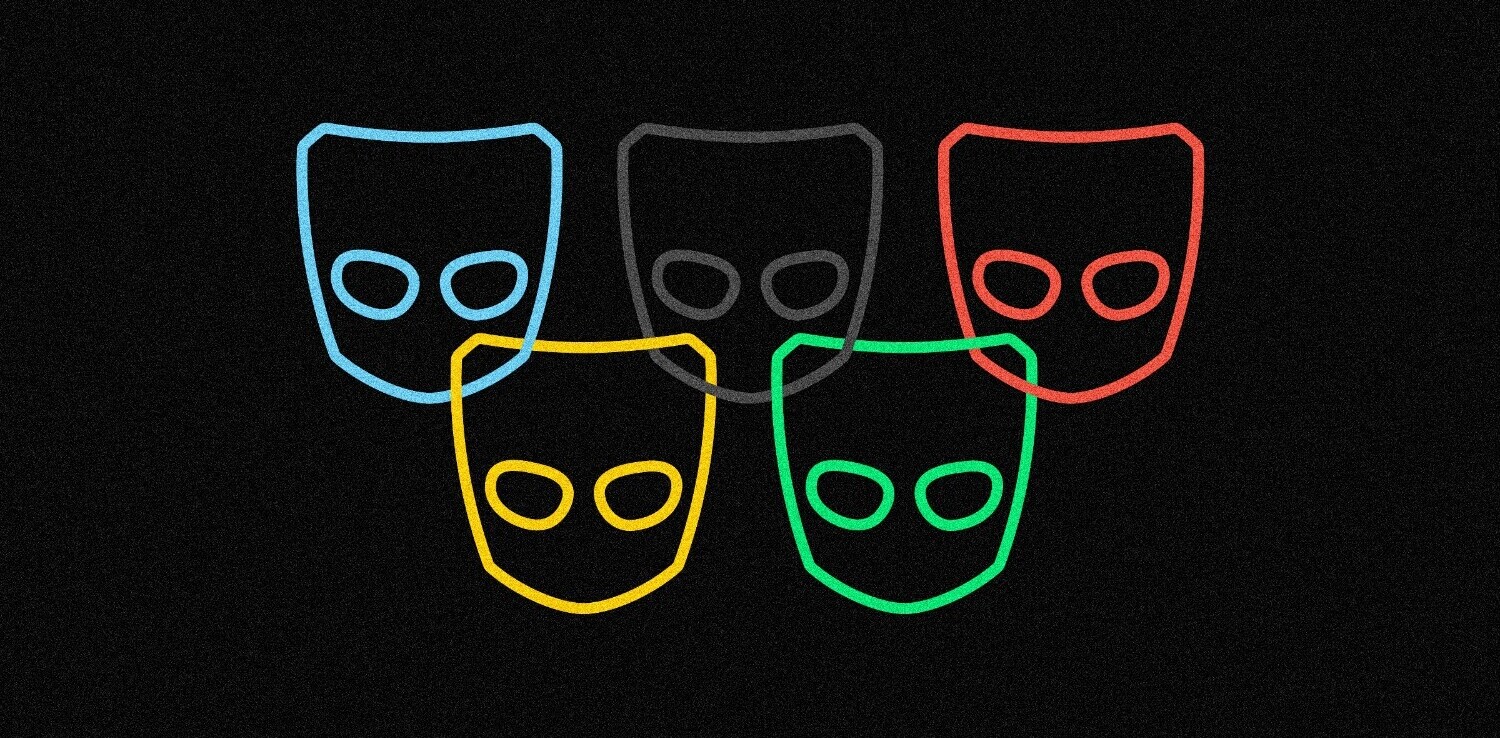
 The UK’s controversial Digital Economy Bill has tonight been voted into law by the House of Commons.
The UK’s controversial Digital Economy Bill has tonight been voted into law by the House of Commons.
Among many other things, the Bill supports compulsory internet disconnection for persistent internet pirates and making owners of publicly accessible wi-fi hotspots liable for piracy committed on their connections.
Powers for copyright holders to force ISPs to block access to websites they say are hosting illegally copied files were toned down in the Bill’s third reading but if a court suspects piracy on site, it can still be blocked.
These are draconian measures that, with an internet connection becoming almost fundamental to life in the UK, will have a huge social impact. That the Bill will now become law has caused something of a stir amongst switched-on, net savvy people in the UK. While many of these people felt democracy failed tonight, social media was a big winner…
Democracy FAIL
Here’s basically what happened:
- A handful of MPs showed up to debate the Bill during its third reading. Most of them opposed parts of the Bill and thought that it needed more time to be debated after the General Election that takes place next month. Great points were made, including the fact that Wikileaks would be banned for hosting copyright infringing material, despite the fact that it operates for a wider social good, not for profit.
- Then the Bill was voted on. Lots more MPs who hadn’t been in the debate turned up and voted the way they’d been told to by their party whip.
- The Bill passed 189 for to 47 against. Oh, and 419 MPs didn’t even show up.
For an important bill with a huge impact on Britain’s future, that’s a shocking disappointment.
Social Media WIN
While many people will be disappointed with the result tonight, it’s shown how social media has the potential to improve transparency in government.
Firstly, thousands of people were following tonight’s events via the BBC’s live web video feed and discussing it on Twitter using the #debill hashtag. Several tweets made the point that politics would be very different if the House of Commons had a Twitter backchannel so MPs could see what the public really thought about what was happening.
This wouldn’t necessarily work all the time; not all bills attract quite as much interest from smart, tech savvy people. However, it was quite a spectacle to watch MPs speak on the video feed and then see a swarm of tweets instantly pass judgement on what was said. If those tweets were fed back somehow to the MPs, it truly would be democracy in action.
In the case of one MP, the tweets probably were getting through. Labour MP Tom Watson, a heavy Twitter user, was seen checking his iPhone during the debate. Could he have been following the #debill hashtag? On past form, we’d say it’s likely the answer is probably yes.
Watson showed himself to be one of the only voices in parliament to truly understand the new digital world, and the support for him in amongst those using the #debill hashtag was immense.
Once the debate was over and the voting was on, Watson started tweeting and he showed that he voted on his principles, not as he had been told to by the party whip…

Breaking whip is a big deal for MPs. To admit it on Twitter so emotively is a significant move by Watson. If only more MPs were so candid.
Meanwhile, over 3000 people have so far chosen to “not recognise” the Digital Economy Bill using a site called What Digital Economy Bill? It’s a valid form of protest, although we’re pretty sure the courts won’t take that as a defence when they cut off your internet connection!
Get the TNW newsletter
Get the most important tech news in your inbox each week.





